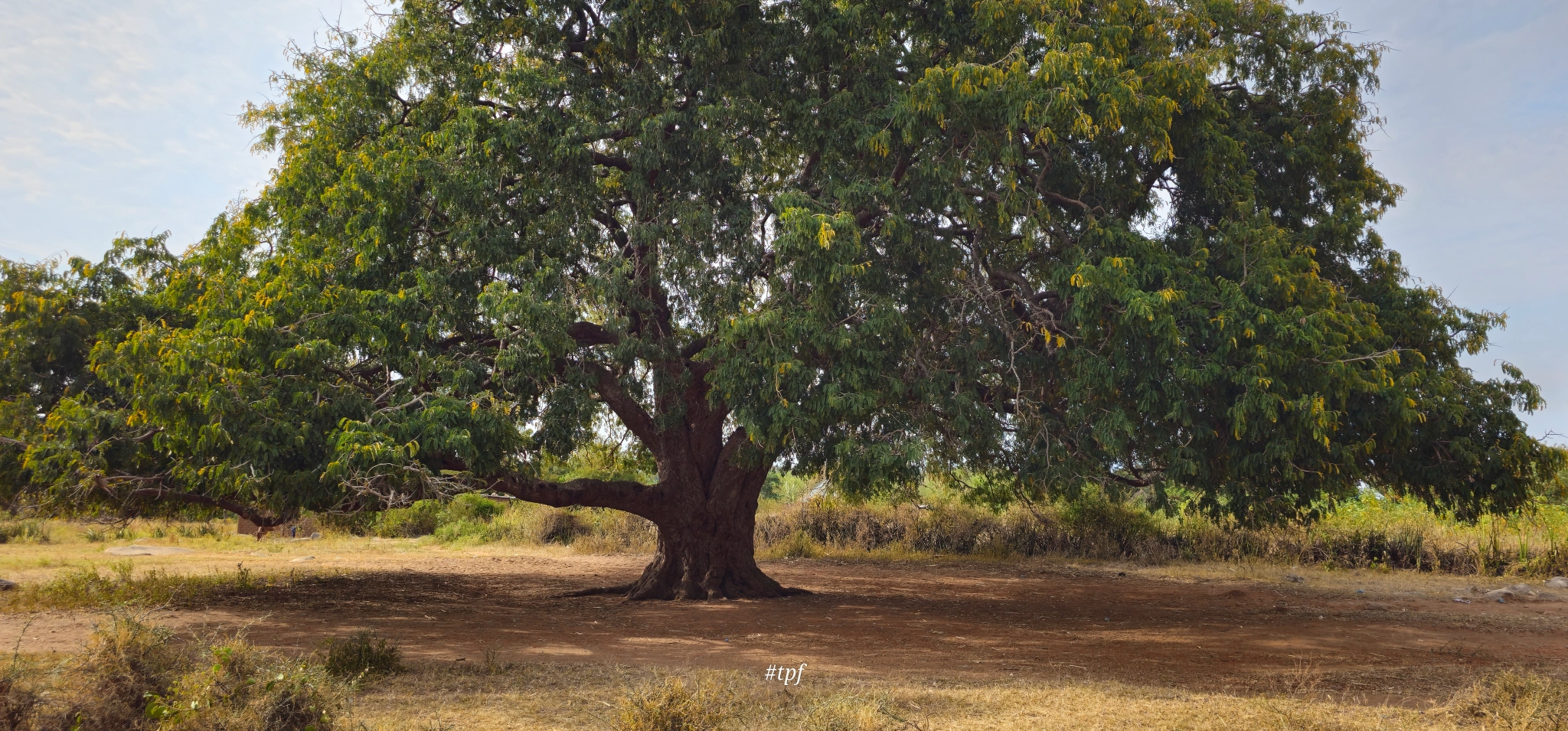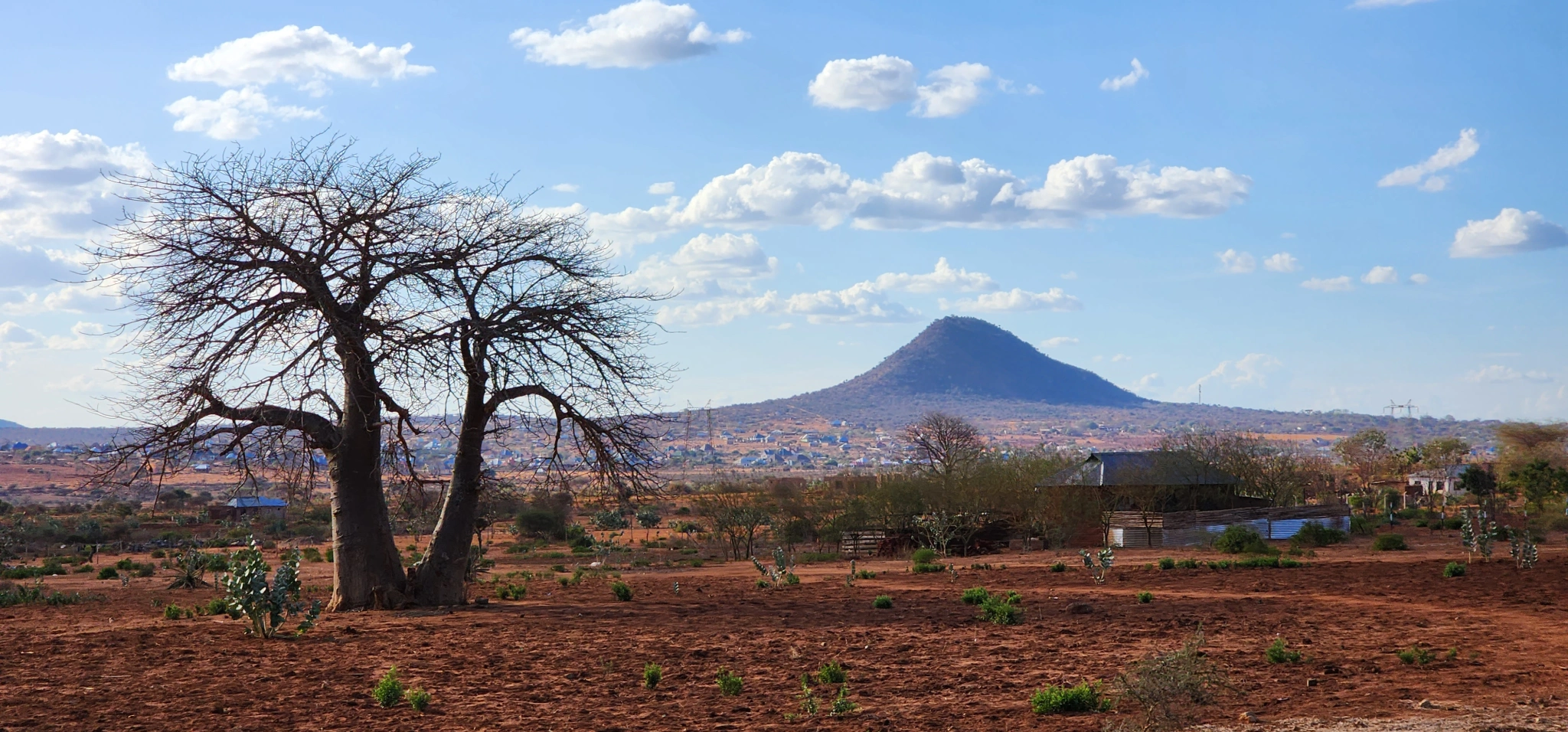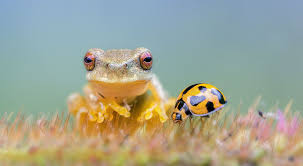
The interplay between African traditional religions, Christianity, and environmental conservation is complex and often misunderstood. Many Western conservation narratives frame Africa as a place in need of saving, echoing colonial attitudes that dismiss Indigenous practices as primitive or destructive. This perspective fails to recognize the ecological wisdom embedded in African cultures and the detrimental impact of Western environmentalism.
Initially, my interest lay in exploring Christianity’s role in environmental preservation in Africa. However, I realized that both Christianity and Western conservation movements stem from a worldview that places humanity above nature, fostering exploitation rather than stewardship. This worldview has been perpetuated through religious teachings that emphasize dominion over the Earth, as seen in Genesis 1:28, where humanity is commanded to “subdue” the Earth. Such interpretations have justified the systematic exploitation of natural resources in Africa, often under the guise of saving the environment.
Historically, Western religious missions have operated as instruments of colonialism. Christian missionaries arrived in Africa with the intent to “civilize” and convert, often disregarding local beliefs and practices. This led to a narrative that positioned African people as ignorant of their environment, reinforcing the idea that Western intervention was necessary. Such attitudes continue in contemporary environmentalism, which often fails to acknowledge the rich ecological knowledge that Indigenous communities possess.
In my experience as a journalist in Tanzania, I witnessed the consequences of this environmental colonialism firsthand. Local communities were forcibly evicted from their lands to create conservation areas, with little regard for their traditional practices or knowledge. This displacement did not benefit the local populations but rather served the interests of Western tourists and businesses. The narrative that African communities are the primary threat to the environment ignores the fact that many Indigenous practices have historically contributed to ecological balance.
Western environmentalists often overlook the complexity and diversity of African cultures. The assumption that all African societies are homogenous leads to misguided policies that fail to account for local customs and knowledge systems. For instance, traditional ecological knowledge, which has evolved over generations, is often dismissed as unscientific. This is a grave oversight, as it disregards the adaptive strategies that Indigenous peoples have developed to sustainably manage their environments.
African societies generally view land as communal rather than individual property, fostering a sense of collective responsibility for environmental stewardship. This contrasts sharply with capitalist notions of land ownership, which prioritize individual gain.
In many African cultures, the land is revered and seen as a living entity, deserving of respect and care. This intrinsic connection to the land is often absent in Western environmental discourse, which tends to prioritize economic considerations over ecological ones.
Moreover, the narrative that population growth in Africa is a primary driver of environmental degradation is simplistic and misleading. It perpetuates the idea that African people are responsible for the planet’s ecological crises while ignoring the historical and ongoing exploitation of African resources by more industrialized nations. Rather than addressing the root causes of environmental issues, the focus often remains on controlling African populations and resources.
As we move forward, it is crucial to recognize the value of African Indigenous knowledge systems in the discourse on environmental conservation. These systems offer insights into sustainable practices that have been honed over centuries. Collaborative approaches that integrate traditional knowledge and Western science can lead to more effective and equitable conservation efforts.
The time has come to shift our perspective on environmental conservation in Africa. Instead of imposing external frameworks that often do more harm than good, we must engage with local communities, respecting their traditions and knowledge. This requires a paradigm shift in how we view Africa—not as a continent that needs saving but as a place rich in wisdom and practices that can inform global environmental efforts.
To conclude, I would be remiss to suggest that the relationship between African traditional religions, Christianity, and the environment is fraught with misunderstanding and misrepresentation. Western conservation narratives often perpetuate harmful stereotypes, overlooking the ecological knowledge inherent in African cultures. As we work towards a more sustainable future, it is imperative that we listen to and learn from Indigenous practices, recognizing their value in the global conversation on environmental stewardship. Only by embracing this complexity can we hope to forge a more just and sustainable path forward for both people and the planet.



